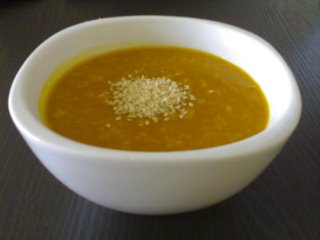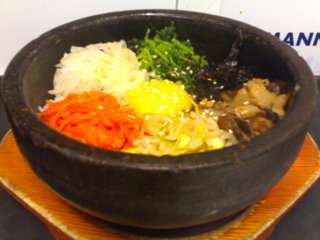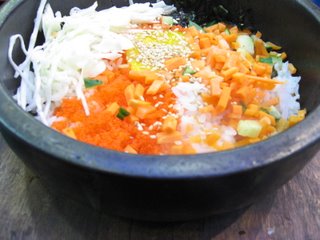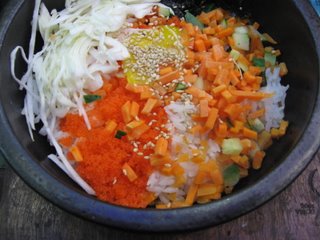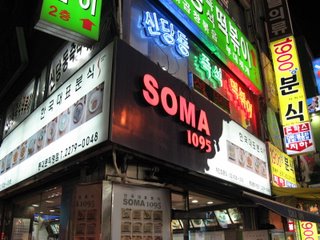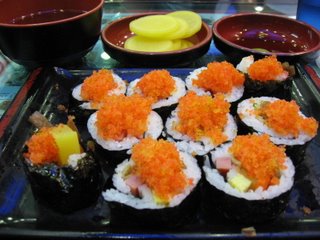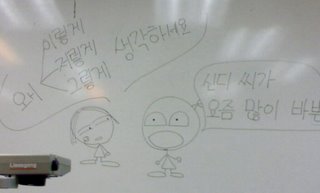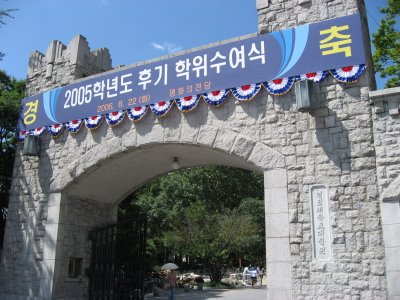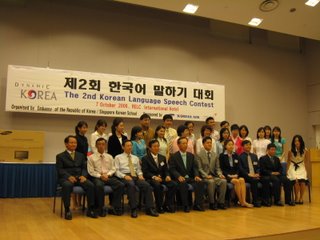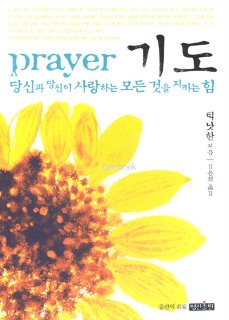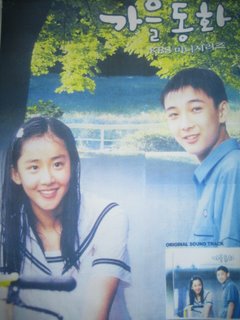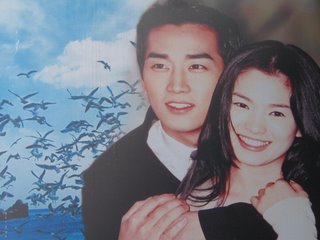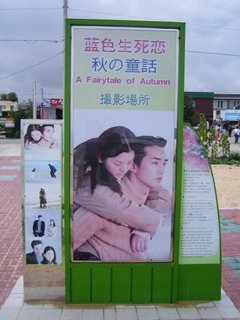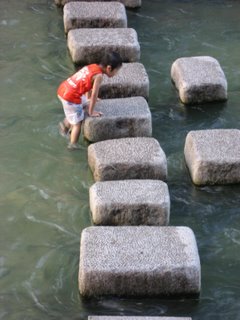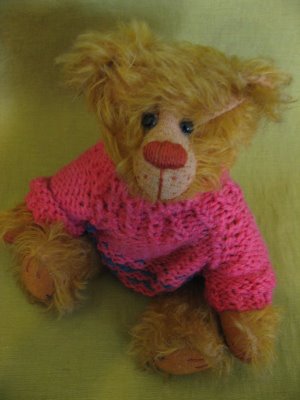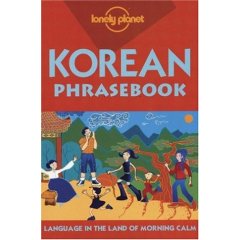 오늘 서점에 가서 이 작은 책을 보고 대전 병원이 생각났어요.
오늘 서점에 가서 이 작은 책을 보고 대전 병원이 생각났어요.지난 4월에 한국에 가서 대전 자광사에 있을 때 몸이 좋지 않아서 아주 힘들었어요. 그래서 의사를 보고 싶었어요. 자광사 지원이 병원에게 전화한 후에 구굽차가 나타났어요. 저는 깜짝 놀랐아요. 저는 구굽차를 타고 싶지 않았지만 드디어 친구하고 같이 구굽차로 병원에 갔어요. 너무 난처했어요. 제 처음이니까요.
병원에 도착한 다음에 의사가 한국어로 질문했어요. 저는 한국말을 9개월 동안 공부했지만 많은 단어를 아직 몰랐어요. "어디에 아파요?"과 "언제 아파요?"만 들을 수 있었어요. 그리고 "배가 아파요", "열이 나요"과 "어제 밤부터 아팠아요"만 대답할 수 있었어요. 저는 한국어로 이야기하지 못 했어요. 의사도 영어로 이야기하지 못 했어요. 이야기하는 갓이 너무 어려웠어요.
제 친구가 Lonely Planet 책을 가지고 갔어요. 이 착안에 189페이지부터 198페이지까지 건강 단어와 문장들이 있었어요. 유용했어요.
I was at the bookstore today when i saw this book. It reminded me of my hospital A&E admission in Dajeon.
I was feeling very unwell when i was in Dajeon this April. So i asked to see a doctor. One of the staff at Jakwangsa Temple in Dajeon called the hospital. Before i knew, an ambulance appeared in front of the dormitory which i was staying. Naturally, i was very taken aback. I was very reluctant to board the ambulance but i boarded the ambulance in the end with another friend of mine. It was so embarrassing ... it was my first time in an ambulance.
When we arrived at the hospital, the doctors asked me questions in korean. Though i had studied korean language for about 9 months at that time, my vocabulary was still very limited. When they asked in korean, I could only understand "Where do you feel unwell?" and "When did you start feeling unwell?" And all i could reply in korean without difficulty were "I have stomach pain", "I have a fever" and " I was unwell since last night." I struggled speaking to the doctors in korean while the doctors struggled speaking to me in english. It was unimaginably difficult.
Luckily, the friend who came with me brought along this Lonely Planet Korean Phrasebook with her. This book has health-related words and questions from page 189 to page 198. It was indeed useful.
